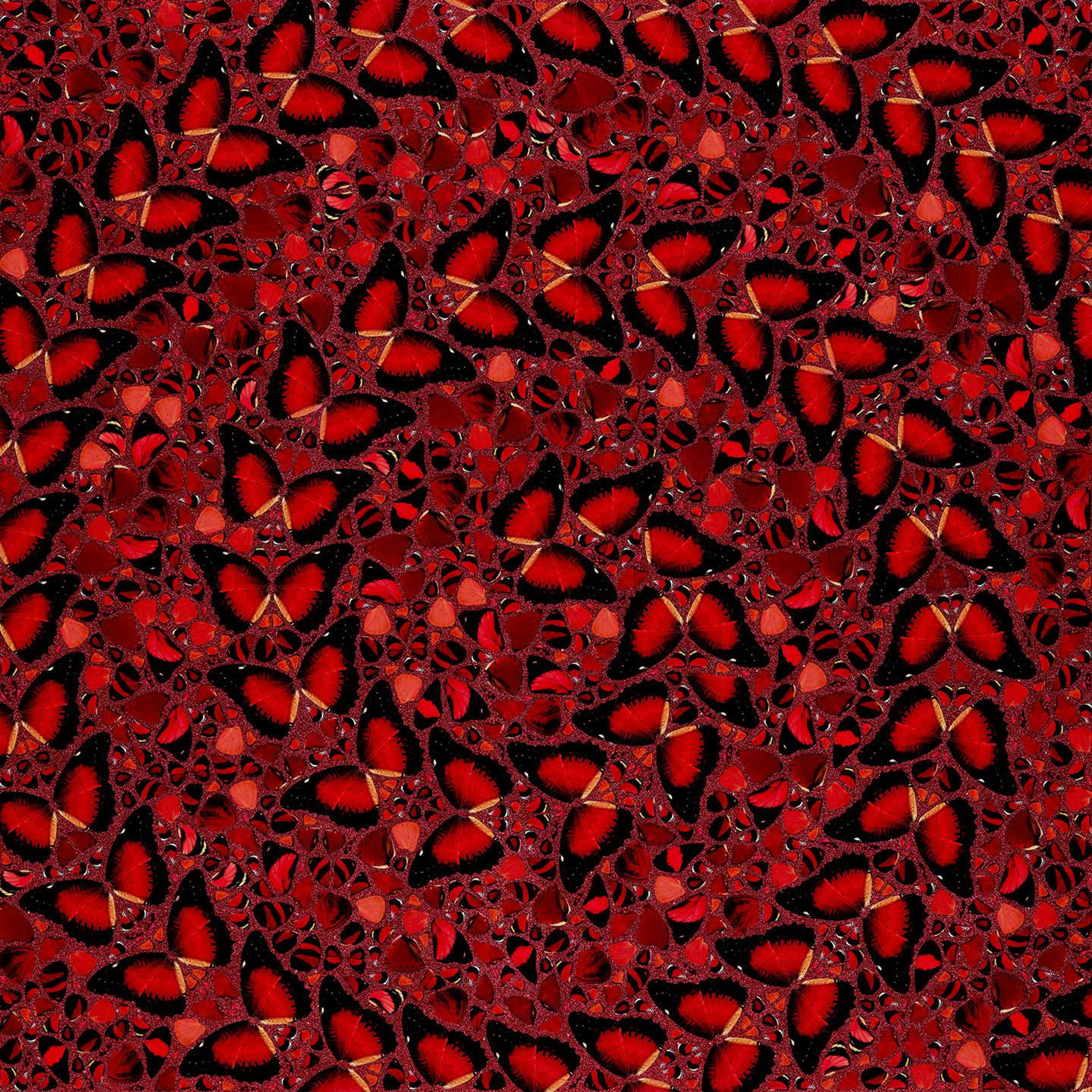
H10-5 Taytu Betul
H10-5 Taytu Betul
Signed Print
Damien Hirst
£1,400-£2,100
$2,700-$4,050 Value Indicator
$2,600-$3,900 Value Indicator
¥13,000-¥20,000 Value Indicator
€1,600-€2,400 Value Indicator
$15,000-$22,000 Value Indicator
¥300,000-¥450,000 Value Indicator
$1,900-$2,850 Value Indicator
There aren't enough data points on this work for a comprehensive result. Please speak to a specialist by making an enquiry.
100 x 100cm, Edition of 2814, Giclée print
Auction Results

Track auction value trend
Meaning & Analysis
H10-5 Taytu Betul is a laminated giclée print on aluminium composite screen printed with glitter. The print was made by the renowned contemporary artist Damien Hirst in 2022. In this print, Hirst creates a spectacular pattern out of red butterflies.The intricate pattern of spirals that Hirst makes captivates the viewer's attention and is infused with a dynamic sense of movement.
The print is part of Hirst’s collection H-10 The Empresses which is composed of five impressive gliclée prints which are made out of red butterflies. The prints are all named after an Empress from different historical periods. H10-5 Taytu Betul is named after Taytu Betul who became the Empress of Ethiopia after marrying Emperor Menelik 1889. Betul is remembered by her remarkable efforts to oppose imperialism and the loss of Ethiopian territory. She also founded Ethiopia’s capital city, Addis Ababa.
Hirst is fascinated by butterflies and the artist often incorporates the insect into his artworks. The intricate patterns Hirst creates in the prints in this collection resonate with Buddhist mandalas as well as the stained-glass windows found in Gothic churches. Religion has inspired many of Hirst’s artworks and the artist was fascinated by contemporary belief systems such as religion, love and medicine which bring out the tensions at the heart of human existence.
